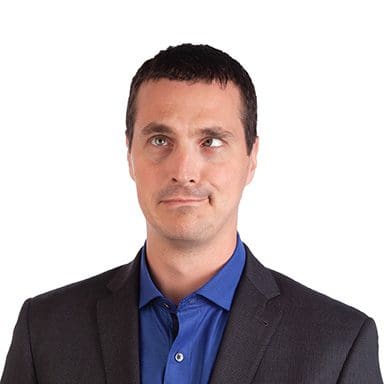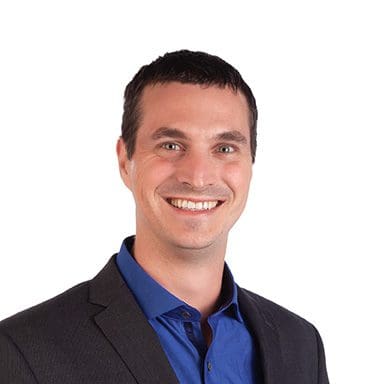Given the multidisciplinary nature of MedTech and connected health, we have the opportunity to work with a wide variety of professionals including engineers of many stripes, scientists, researchers, designers, experts in regulatory, and quality management. Our...
Back to team page
Sam Alper
Director
Sam’s background in human factors and industrial engineering has led to a systematic approach to problem solving, which considers both the technical and social aspects of challenges, that he applies to each project. He spent the better part of a decade investigating accidents from a human factors perspective, presenting to the Consumer Product Safety Commission and being deposed as an expert witness. Sam has a deep research background and has developed and implemented qualitative and quantitative research methodologies. Sam as a Ph.D. in Industrial and Systems Engineering from the University of Wisconsin—Madison.


Bold facts
![]() Learn more about
Learn more about

Something unique about you summed up in one sentence:

Your favorite part of working at Bold Insight:

In your spare time (or if you had spare time), you would absolutely do this:
How long have you been in the UX field?
Your favorite city in the world is...and why?

Your ultimate celebrity dinner party guest list would include:

Long-term personal or professional goal?

Any other facts to share?
Read our team’s latest bold insights
Rethinking experiences: UX and human factors research can help companies develop safe, contactless designs
Explore early opportunities to create and refine a truly functional contactless experience for your customers, addressing new expectations in a changing world.
Remote UX research can reveal 5 key insights for auto manufacturers
When in-person testing is not feasible, stay on track by using remote interviews to collect data and refine the in-vehicle experience for your consumers.
Webisode: Possible impact if in-person human factors research is not considered essential
Conducting research to inform development of safe and effective medical devices is essential and with modifications and precautions, in-person research can be conducted safely and effectively.